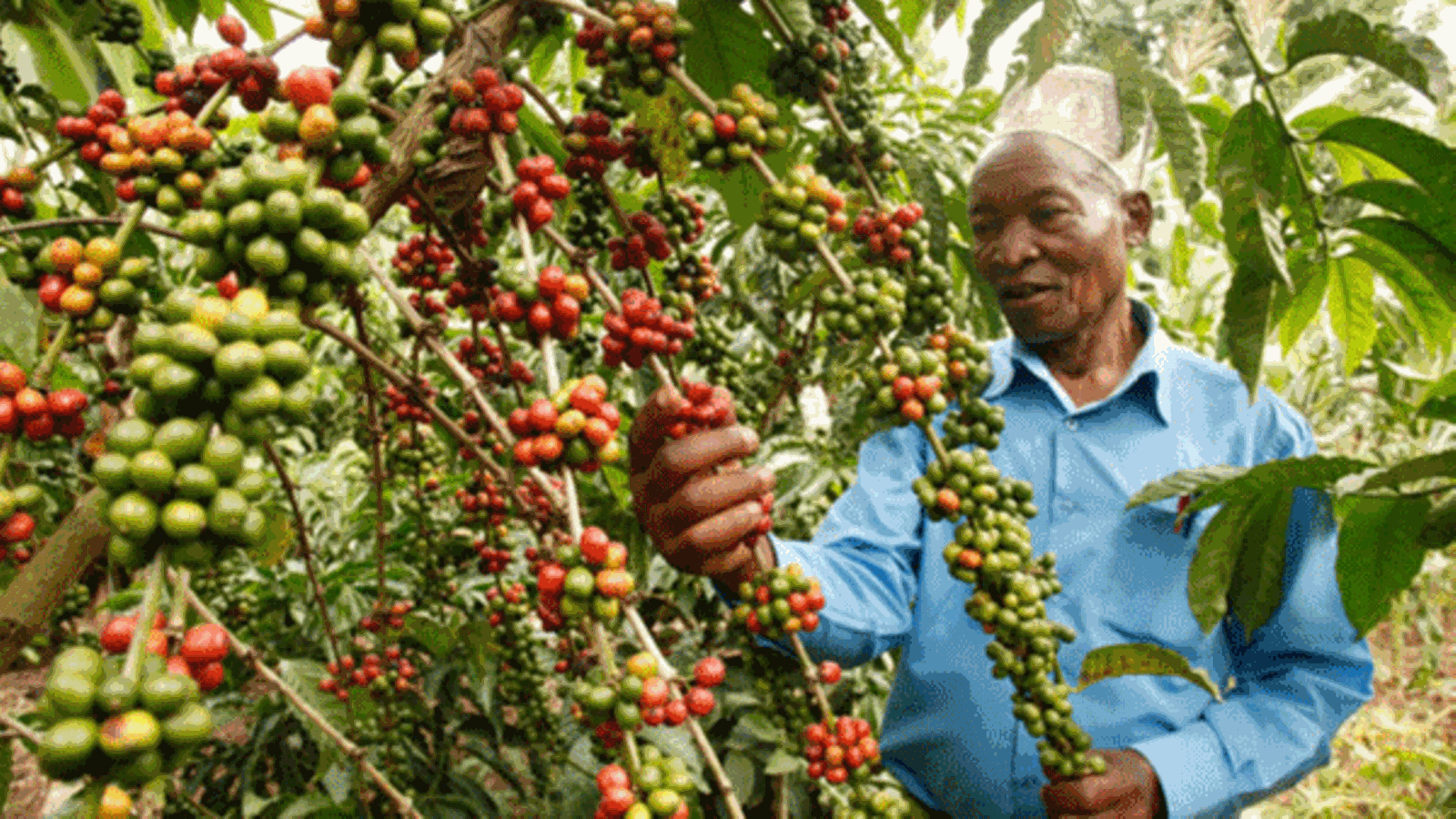Prime
Lessons from Roko on investing in a company

Trevor Lukanga Bwanika
What you need to know:
In business, each decision taken by a company’s management draws the company closer to Roko’s situation or mitigates such a situation.
The Uganda Martyrs shrine at Namugongo, a significant historical site reminds us of the martyrdom of the Christian faithful and the tough stance that was taken by Kabaka Mwanga II in defending Buganda kingdom. The Basilica, as it is known, is itself a marvel which was carefully built using suspended steel structures. The Basilica was constructed by Roko Construction Ltd (“Roko”) and opened in 1975.
Roko has since then graced the Kampala skies with other iconic buildings such as: Workers House, Mapeera House, dfcu Bank head office and Acacia mall among others.
Roko extended their reach in the region and have worked on projects in Rwanda such as the One &Only Nyungwe House, Serena Kigali and Kigali International Airport. In South Sudan, Roko has worked on projects such as the rehabilitation of the Juba International Airport and the Supreme Court of South Sudan.
Such is the profile of Roko, dating as far back as 1969 when the company was set up in Uganda. The question is how a company with such an incredible profile and history finds itself in dire straits and urgently in need of liquidity to salvage more than Shs1 trillion in contracted work. In the business world, each decision taken by a company’s management draws the company closer to Roko’s situation or mitigates such a situation as night follows day. So it’s not unusual for a company to find itself in need of raising capital, refinancing existing debt, or considering cost-cutting to save its business.
The Government of Uganda is considering investing Shs202 billion worth of preference shares in Roko Construction Company. A company, which has been in existence since 1969 finds itself in dire straits and urgently in need of liquidity to salvage more than Shs1 trillion in contracted work.
Preference shares
Put simply, a preference share is a type of share that entitles the holder (in this case GoU) to a fixed dividend. Dividend payments to holders of preference shares take priority over payments to ordinary shareholders. This means that in the event that Roko declares a dividend, the GoU will be paid before the current ordinary shareholders in Roko.
However, preference shares do not necessarily guarantee ownership in a company. Therefore, the GoU may not necessarily acquire a stake in Roko by virtue of owning preference shares in the company. Hence, the current owners of Roko will likely retain the full ownership of ordinary shares in the company. That said, considering GoU has an interest, in the form of preference shares, one would expect the government’s investment in Roko to come with certain conditions and proposed changes in the governance of the company.

Trevor Lukanga Bwanika
A preference share may be compared to bona fide tenants (“kibanja” holder) on a piece of land. Although such tenants do not have title to the land, they have a legitimate interest in the land which entitles them to certain rights over the land, for example, the right to live on the land or use it. So we could say that the government’s proposed investment will secure it a “kibanja” in Roko’s business.
Due diligence
However, before you acquire a kibanja or any other interest in land, one would expect that you have conducted a due diligence on that piece of land. A due diligence helps a prospective investor to identify the risks associated with their planned investment and make an informed investment decision.
Let’s say you have identified a piece of land that you would like to acquire. You would usually carry out a search to identify the ownership, check if any caveats exist on the said land, visit the site to speak to the neighbours and LCs and much more. All this process is part of the due diligence that you would undertake to satisfy yourself that you will be buying the land free of any encumbrance.
Similarly, we would expect that before the government invests Shs202 billion, a thorough due diligence is done on Roko to understand the business and its performance. For example, a financial due diligence would focus on the company’s past and projected performance, assess its balance sheet, and understand the cause of its non-performance through a financial analysis.
A legal due diligence would reveal the company’s filing with the registrar of companies, pending legal cases before courts of law, statutory compliance etc. This would answer one of the queries highlighted by the Parliamentarians regarding the pending legal cases that Roko currently has.
A tax due diligence, on the other hand, would reveal Roko’s tax position in terms of tax payments made, tax compliance status, outstanding tax obligations as well as any tax risks. For example, as Roko is in need of liquidity, has it been meeting its tax obligations on time? Is there a risk of potential interest and penalties for late filing and payment of taxes? All these questions would be answered by a tax due diligence report preferably prepared by a professional.
The different due diligence reports would then form the basis of the government’s decision to invest Shs202 billion of taxpayers money in Roko. The report would also have assisted the government to decide how best to invest in the company. For example, why preference shares and not a loan or a combination of both? As it stands, we are not sure why equity in the form of preference shares (that does not give government ownership in Roko) was the preferred investment option. However, what is clear is once the gavel was hit in Parliament, Roko was left smiling on its way to the bank.
The author is a tax manager at PwC.




